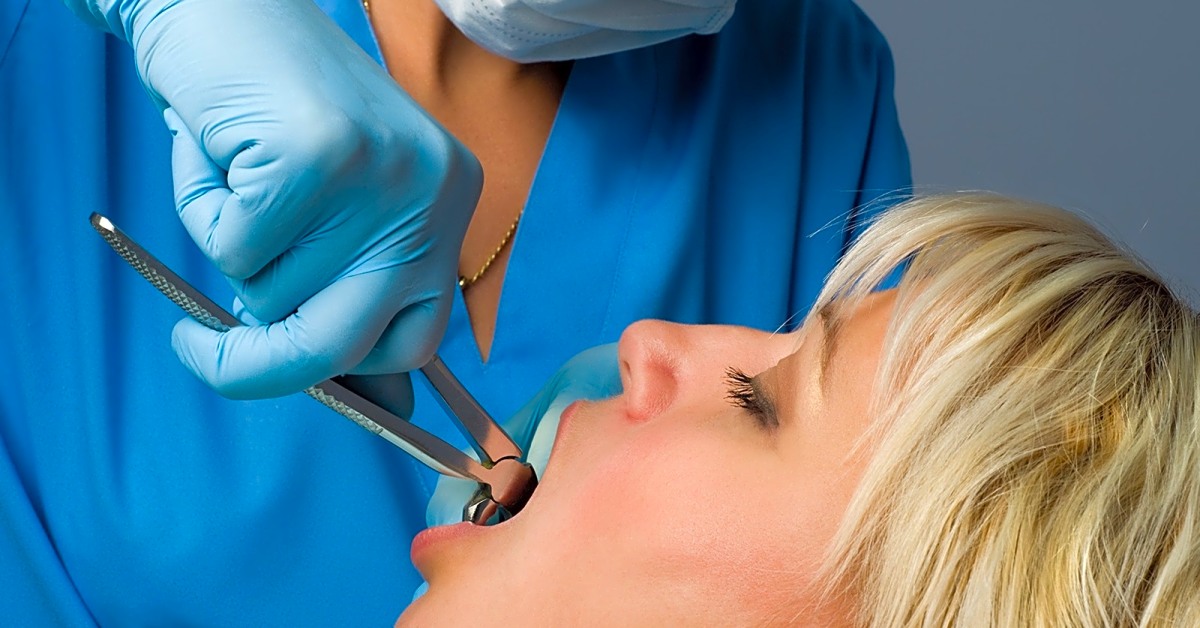That’ll help loosen up. One of the best ways to reduce pain is to rinse your mouth with warm, salty water. This helps to release any particles that get stuck in the cavities or between the teeth and possibly reduce inflammation and swelling. Use ice packs but don’t chew on ice. Use extra pillows when sleeping.
Damaged teeth sometimes require emergency treatment if the injury is accompanied by severe bleeding and severe pain. This is usually a sign that the pulp chamber itself has also been damaged. An emergency dentist could treat the tooth by performing a root canal treatment and covering it with a crown. Want to numb your toothache? Drinking alcohol such as whiskey, scotch, vodka, and brandy kills the germs and helps numb the area around the tooth.
A cotton pad soaked in alcohol applied to the affected area may also be a good way to apply this pain reliever. Apple cider vinegar not only has anti-inflammatory and antiseptic properties, but because it is acidic, it also kills the bacteria that cause your toothache. You can use apple cider vinegar for pain by soaking a cotton ball in it and gently pressing it onto the tooth. A little saline solution can go a long way in relieving pain and keeping your mouth clean.
Mix half a teaspoon of salt in a glass of warm water and gently swirl it around in your mouth. Be careful not to swallow it. Salt water has antibacterial properties and can help reduce swelling and inflammation. Especially if you don’t always have the option to go straight to the dentist to find out why your tooth hurts in the first place. Dentists can easily fill and repair small cavities that they recognize in the early stages of development.
A dentist may suggest implants for patients who appear to have problems with personal appearance, speaking, or chewing and eating. Luckily, an emergency dentist can provide relief by performing a root canal treatment or, in rare cases, extracting the tooth to stop the infection. If you don’t feel relief after two or three normal, scheduled doses, you’ll probably need to see a dentist. Of course, the extent of the pain does not tell you the extent of your problem — only your dentist can do that.
While calling an emergency doctor should be your priority, the pain may be too unbearable to even pick up the phone. The most important part of the tooth is the pulp. It makes it possible to feel tooth sensitivity or pain. Remember, if you have toothache that lasts more than a few days, you should see a dentist for treatment and advice. Any remedies you take at home should be considered temporary and should only be used as a temporary remedy if you seek medical or dental help.
As mentioned above, toothache is usually symptomatic of tooth decay, which can develop into tooth decay quite quickly. If your teeth hurt after a fall, a blow to the mouth, or a car accident, see a dentist for a checkup. That’s why we’ve put together some tips for dental emergencies just for you to help you get through the night, or at least until your dentist opens for an emergency appointment. Any pain in the mouth is a symptom of a problem that needs to be examined by your dentist as soon as possible.


